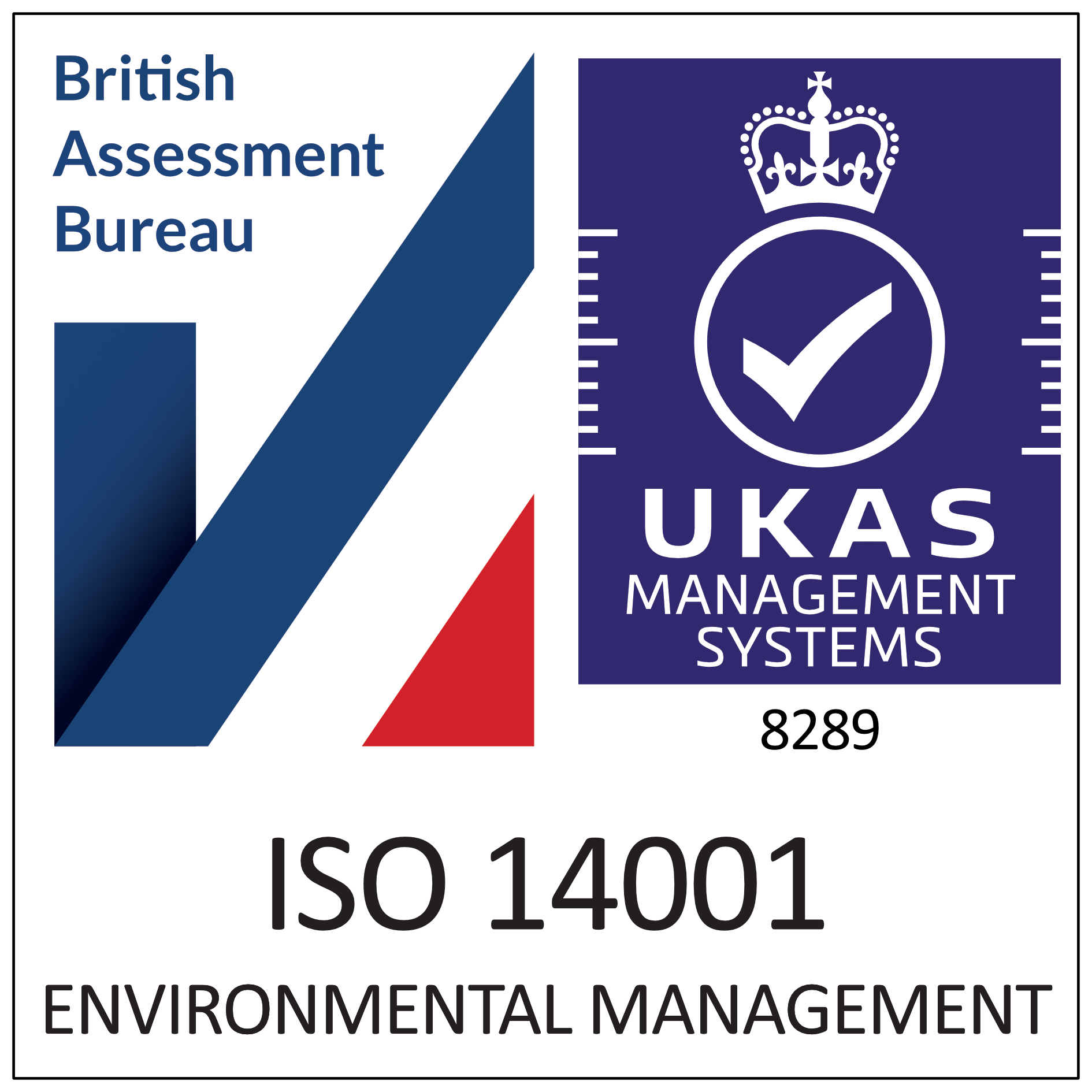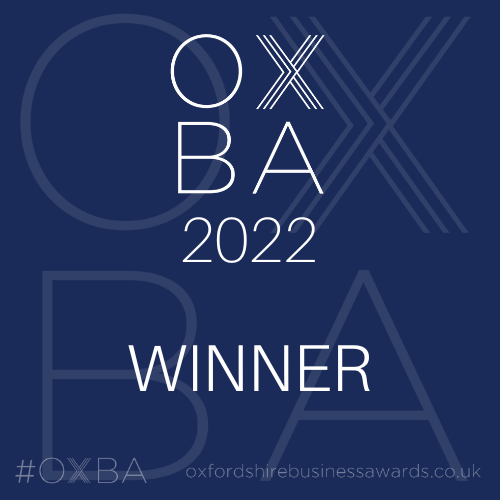
Interested in starting a HTQ or Higher Apprenticeship?
Join us for the launch of our HTQs and Higher Apprenticeships on July 17th.

Interested in starting a HTQ or Higher Apprenticeship?
Join us for the launch of our HTQs and Higher Apprenticeships on July 17th.
Course code: UCZV103P
Subject area: A Carer’s Journey
Study level: Part Time
Course level: U
Course time:
10:00 - 11:00
Days of week:
Friday
Course date:
27th Sept 2024 - 18th Oct 2024
Course location:
OnlineThis course is held online using Zoom.Please enrol at least 2 1/2 weeks prior to start date, to avoid disappointment.
Abingdon and Witney College is subject to Ofsted regulation and is required to work with all its students to make sure they understand Government initiatives around Safeguarding, Prevent and Fundamental British Values. Information on these matters will be shared with you during your course.
You will also be asked to complete monitoring paperwork, which helps us to deliver course content to the highest quality.
Introduction to Cognitive Fitness: Understanding the importance of cognitive health and its impact on daily life. Memory Enhancement Techniques: Strategies to improve memory retention, recall, and encoding. Problem-Solving Skills: Developing effective problem-solving strategies and fostering creativity. Attention Management: Techniques for enhancing focus, concentration, and attentional control. Stress Reduction Methods: Stress management techniques to promote mental well-being and cognitive resilience. Cognitive Exercises: Engaging in activities to stimulate cognitive functions such as reasoning, logic, and spatial awareness. Mindfulness Practices: Incorporating mindfulness techniques to cultivate present-moment awareness and reduce cognitive distractions. Brain-Healthy Habits: Lifestyle factors that support cognitive health, including nutrition, sleep, and physical exercise. Cognitive Training Apps and Tools: Introduction to technology-based tools for cognitive training and brain fitness. Integration and Application: Applying learned strategies and techniques to real-life situations for sustained cognitive improvement.
Courses can fill fast, so please enrol early to avoid disappointment. Decisions on whether a course is to run are made two weeks prior to the start date - an email will be sent to you should there be changes to your course or if it is cancelled. Please check your inbox leading up to your course, including the junk folders. For anyone without an email account, our Admissions team will phone you instead.
For the first week of the course you will need to bring a valid form of identification; this includes passport, driving licence, debit/credit card, Birth Certificate or National Insurance card.
Please note - you should be 19 years old or over at 31st August 2024 prior to starting the course.
Courses offered by the college are fully or partly funded by the Government and the published fee takes account of this funding.
Before starting a course, the College is required to check you meet conditions relating to that funding, e.g. age, residency status within the UK/EEA, prior qualification level and employment status. In some circumstances (such as with online enrolments), these checks can only be completed after you have enrolled and paid.
If you are unable to pay in full for this course at the time of enrolment, and the course tuition fee is £300 or more, an instalment plan is available. If this is your preference, please do not enrol online but rather call the Admissions Team on 01235 216400 to enrol.
Once enrolled, Admissions will take the first instalment payment from you and pass on your details to the Finance team who will email you to set-up your payment plan. Please return a fully completed instalment plan to Finance as failure to do so could result in being withdrawn from your course.
The rules on fee reduction are complicated, we would encourage you to talk to our Admissions Team on 01235 216400 to discuss these options. You can find more information on our Fees and Bursaries page - search "Fees and Bursaries" at the top of the page.
19+ Fee:
Tuition Fee: £0.00
Exam Fee: £0.00
Total Cost: £0.00
19+ Reduced Fee:
Tuition Fee: £0.00
Exam Fee: £0.00
Total Cost: £0.00
As this is a non-accredited course, there is no formal qualification. However, you will be asked to complete activities that demonstrate how you are progressing on your course.
This isn’t a formal qualification. Learning methods include: Lectures: Interactive presentations on key concepts and strategies Group Discussions: Collaborative discussions to explore course topics, share insights, and exchange experiences. Hands-On Exercises: Practical activities and simulations to apply cognitive fitness techniques in real-life scenarios. Case Studies: Analysing real-world examples to understand the application of cognitive fitness principles. Multimedia Resources: Access to videos, articles, and other multimedia materials to supplement learning.








